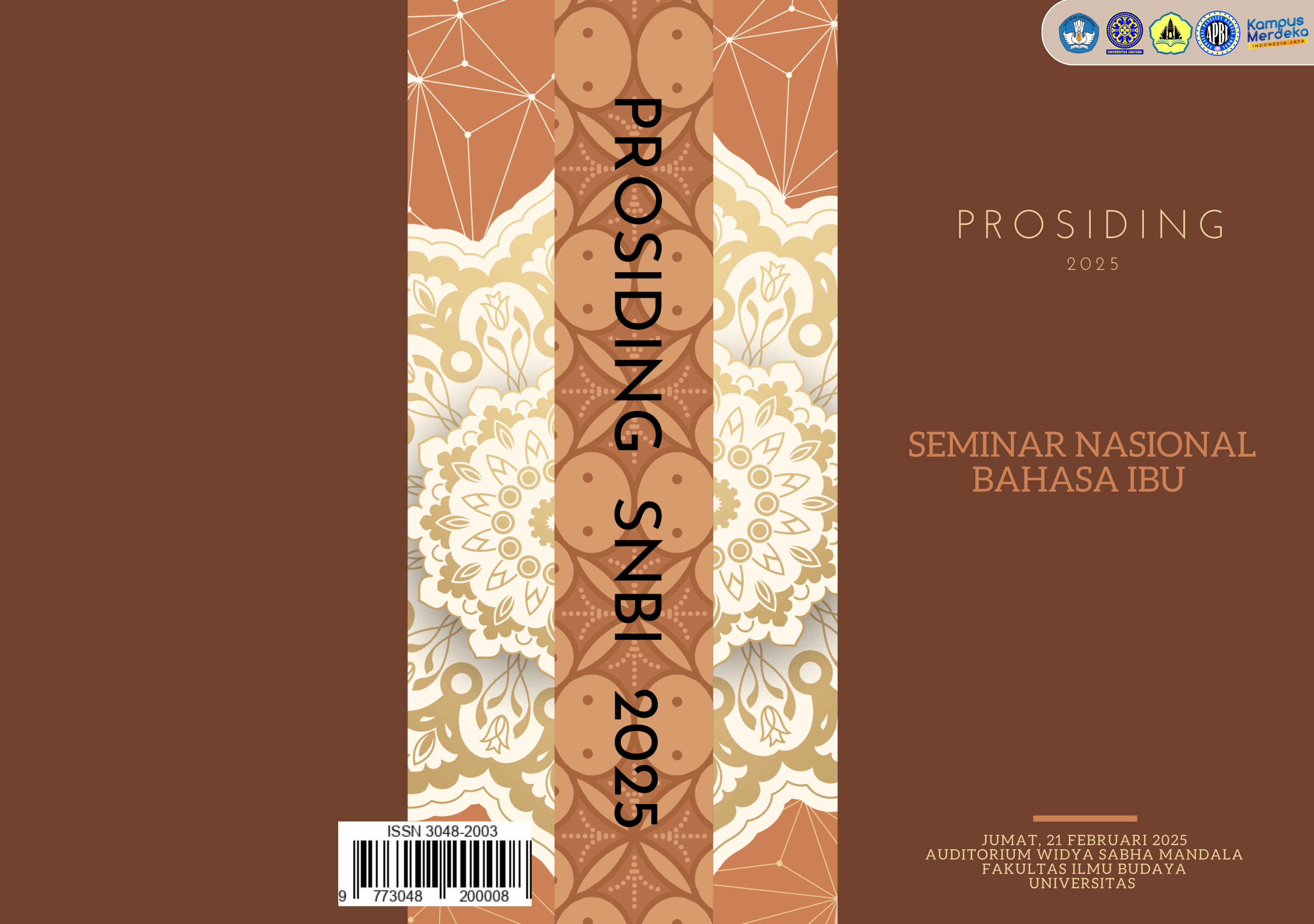PENGARUH FAKTOR SOSIAL DAN LINGKUNGAN TERHADAP PERKEMBANGAN BAHASA ANAK USIA 2-5 TAHUN
Abstract
Human lives in a societal environment that influences growth and development, both physically and non-physically, from the prenatal stage to the end of life. Children's language development serves as a crucial indicator reflecting the interplay between biological, cognitive, and social aspects. This study aims to analyze children's language development using a qualitative method with a case study approach. Interviews were conducted with three children using five questions covering self-perception, education, environmental cleanliness, parental roles, and social interactions. The results reveal that the first child exhibits simpler and more descriptive language development, while the second child demonstrates a more reflective thought process. Environmental factors, parenting styles, and social experiences emerge as key determinants of language development. Children aged 2 years tend not to think about serious matters regarding environmental factors, while children aged 3 years are more exposed to physical activity and pragmatism, and finally children aged 5 years have a deep understanding of environmental issues and independence. These findings emphasize the importance of democratic parenting styles and environmental stimulation to support optimal language development in children.

 Dikelola oleh Program Magister dan Doktor Ilmu Linguistik Fakultas Ilmu Budaya Universitas Udayana
Dikelola oleh Program Magister dan Doktor Ilmu Linguistik Fakultas Ilmu Budaya Universitas Udayana
